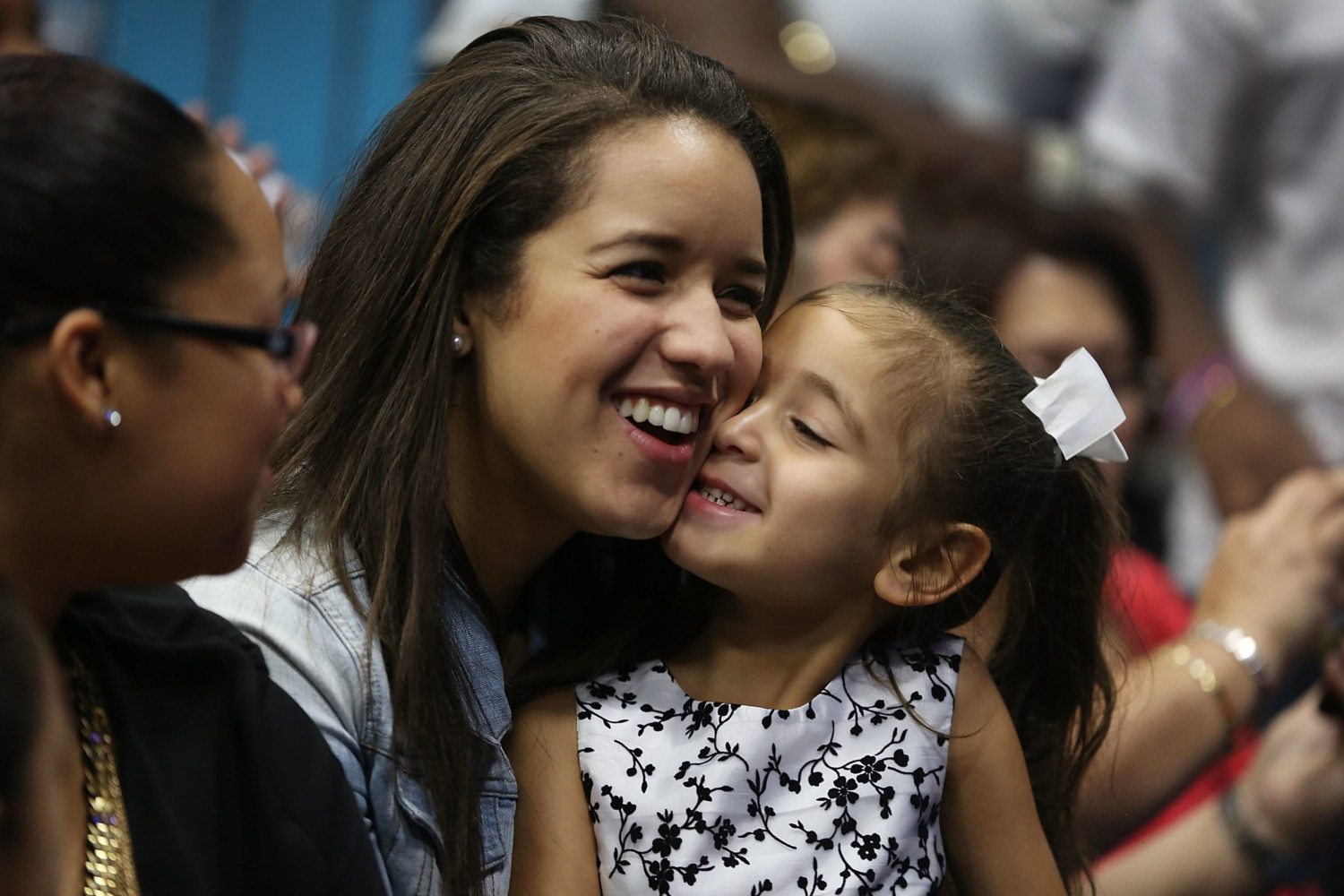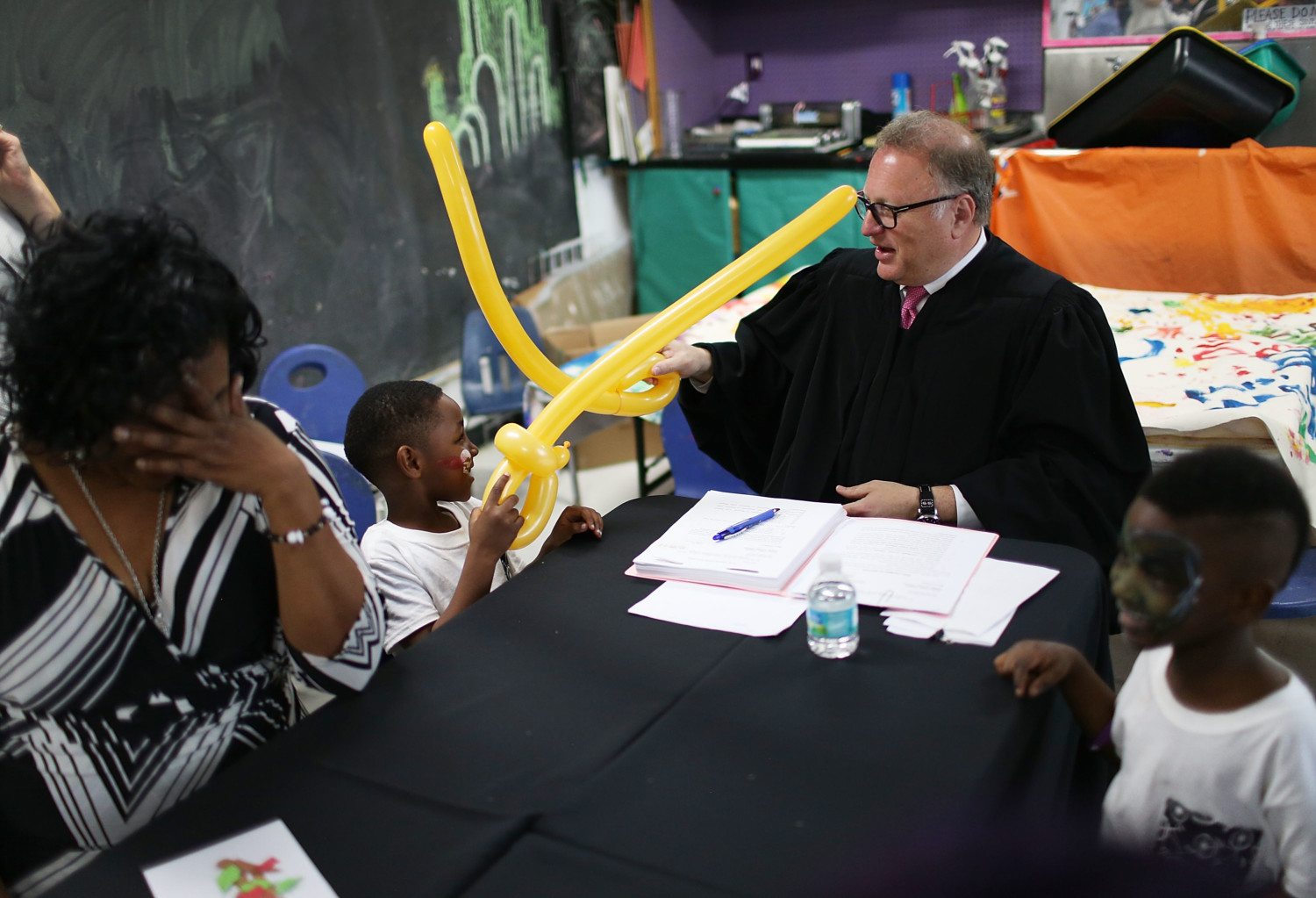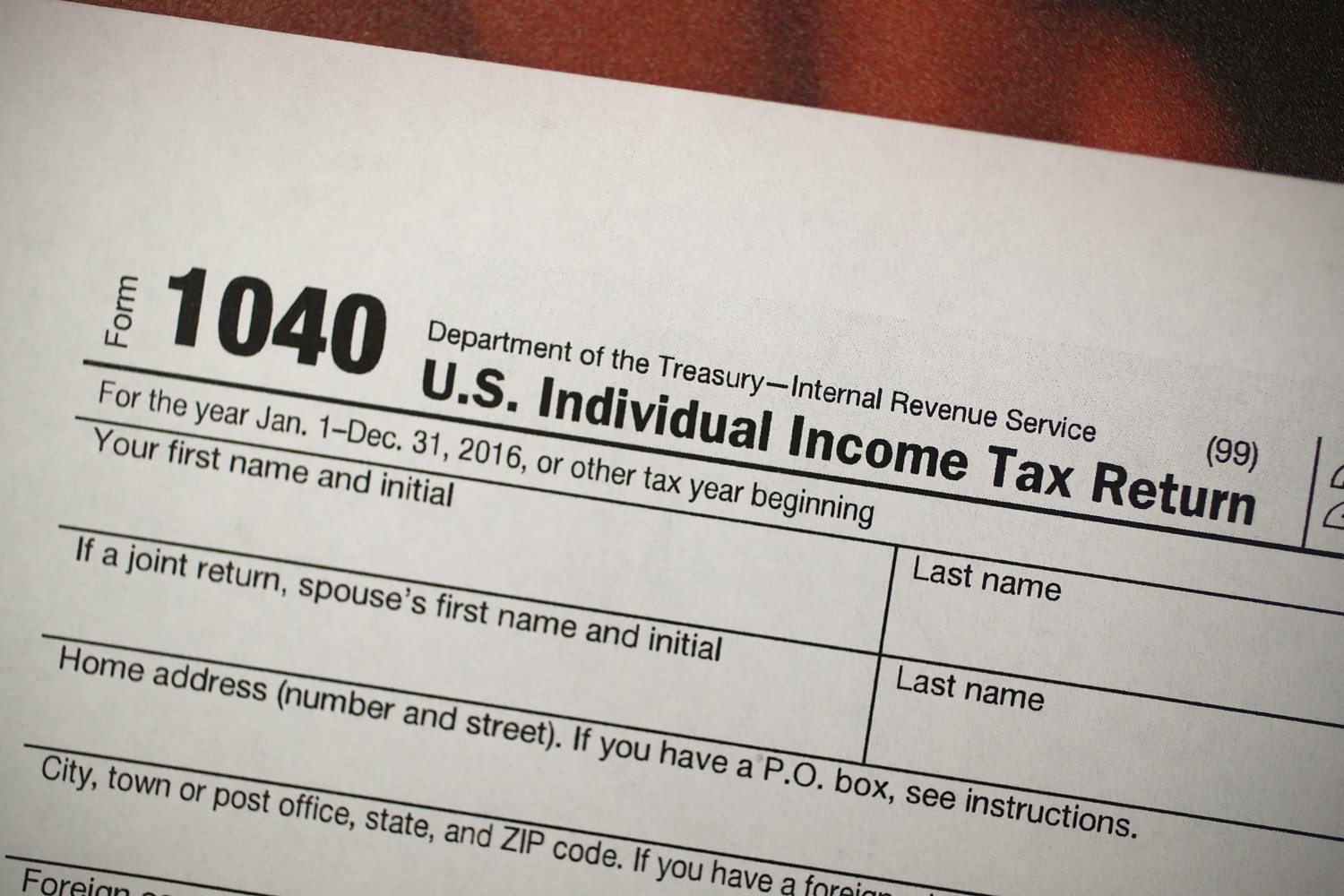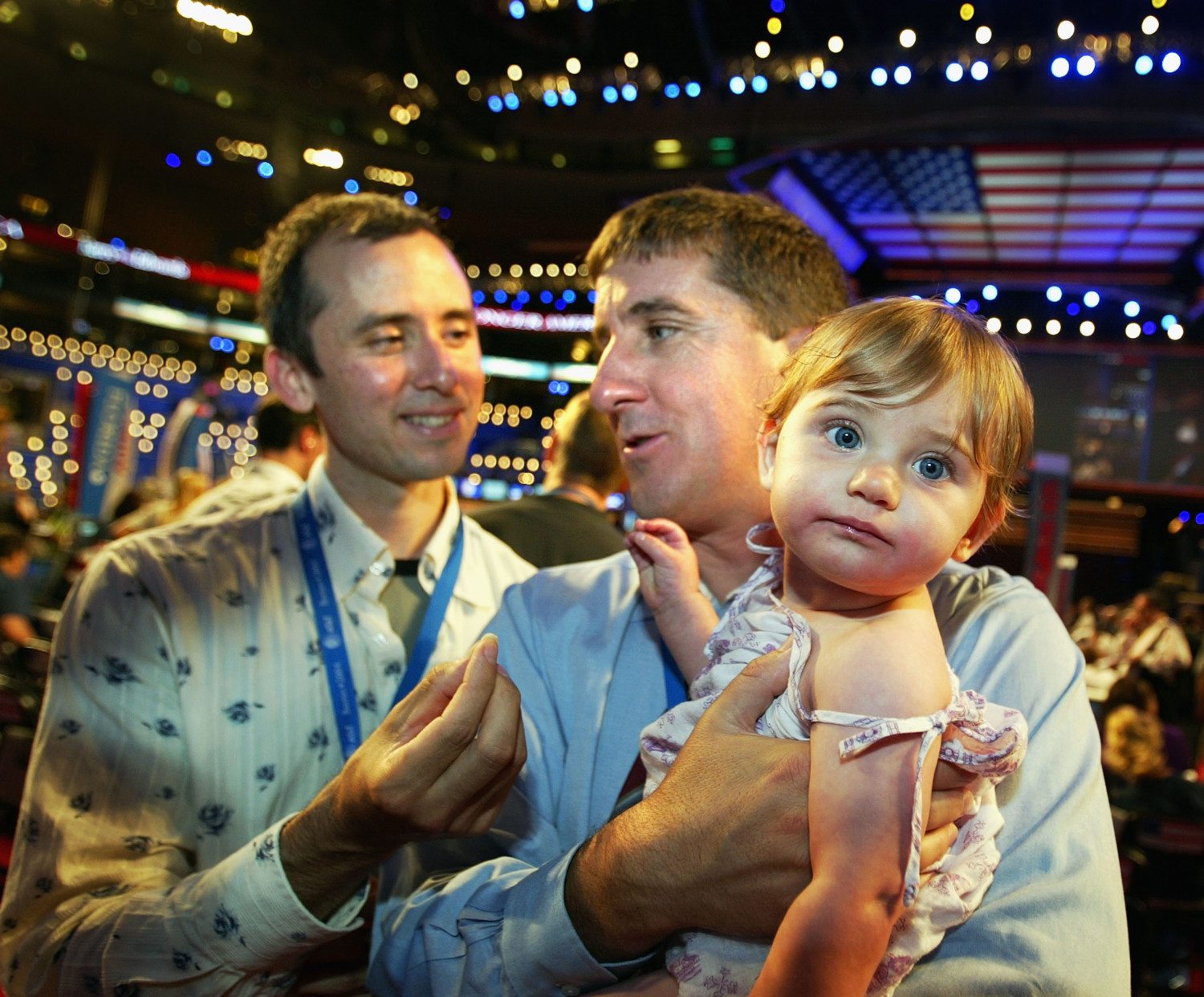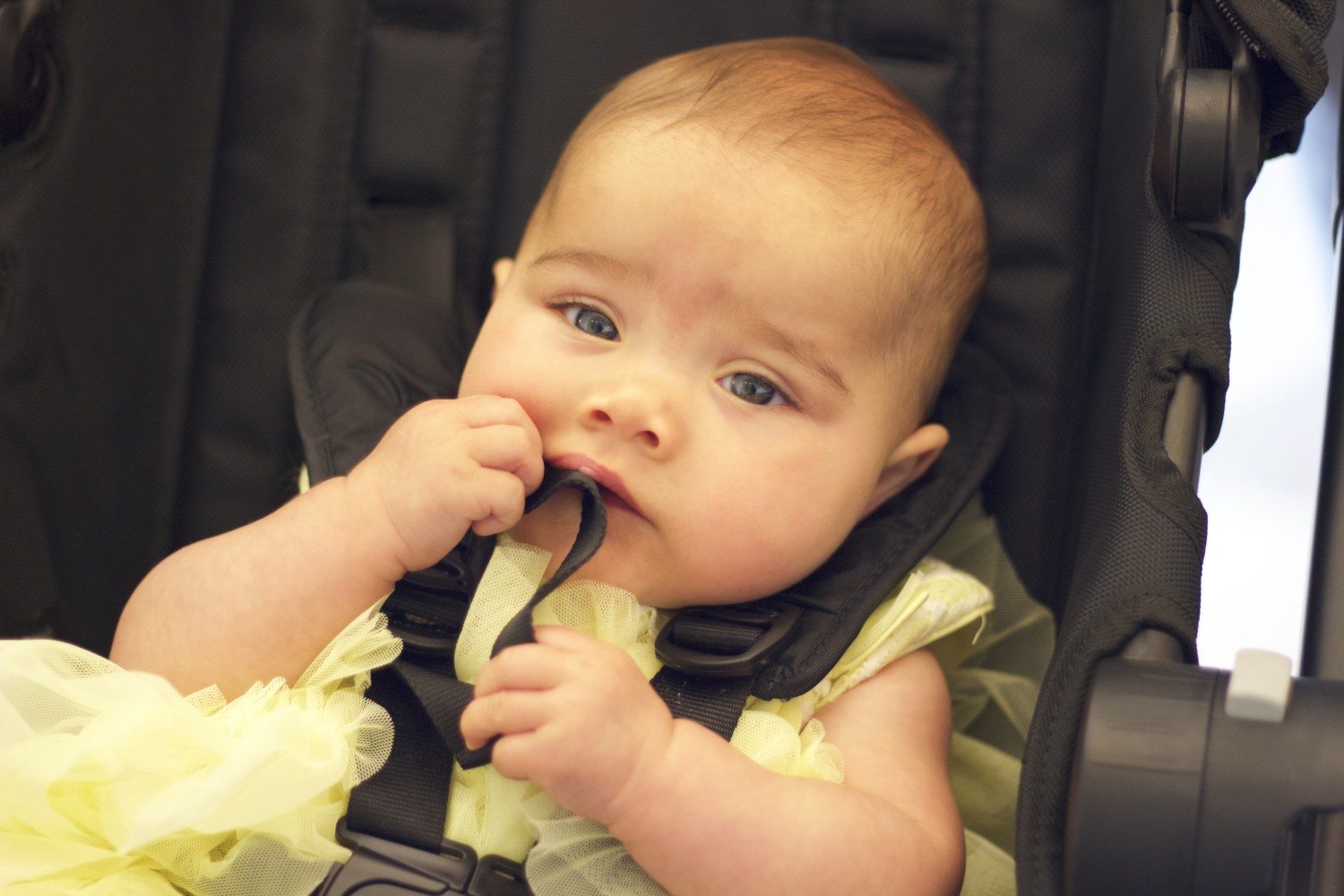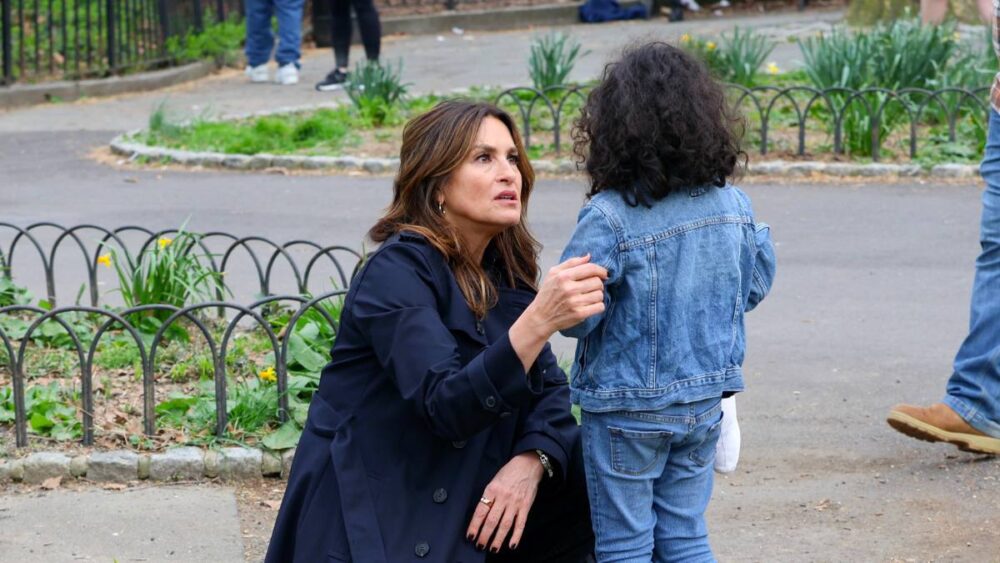7 facts about adoption you probably didn’t know
According to the Adoption Network, 135,000 children are adopted in the United States each year, and 428,000 children are in foster care. Adoption is a wonderful option for those who want to become parents and are unable to conceive biological children or those who simply want to do their part to provide a loving home for the thousands of children who need one.
Adoption is a complicated process, and there are likely many facets of it that you’re unfamiliar with. Listed below are seven facts about adoption you probably never knew.
1. Nearly 100 Million Americans Have Adoption In Their Immediate Family
If you’re adopted, have adopted a child yourself or have an adopted sibling, you’re in good company. As of data from 2013, around 7 million Americans are adopted and 6 in 10 Americans have had personal experience with adoption. Those same statistics show that nearly one-third of all Americans have adoption in their immediate family.
2. Adopting Carries Tax Benefits
There are two main tax benefits for adoptive parents: a tax credit for qualified expenses paid to adopt a child (court costs, travel expenses, adoption fees) and an exclusion from income for employer-provided adoption assistance. The maximum amount (dollar limit) for 2017 is $13,570 per child.
3. Adoption Can Be Expensive
The amount of money required to adopt varies and is influenced by a number of factors, including domestic vs. international adoption, whether you use an agency or whether you adopt through your state’s foster care system. The Child Welfare Information Gateway, a U.S. government-funded adoption information service, estimates that the average U.S. adoption costs between $8,000 and $40,000, while an international adoption ranges from $15,000 to $30,000. Meanwhile, adopting through foster care can cost up to $2,500.
4. The Average Kid Looking For A Home Is Older Than You Might Think
When you think of adoption, you may think of babies, but 2014 statistics from the U.S. Department of Health and Human Services show that average age of a child waiting to be adopted from foster care is 7.7, and that 11 percent of them could spend at least five years in foster care. Older kids obviously still need the care and guidance of a dedicated parent.
“Some people wonder why there are so many teenagers still wanting to be adopted, still feeling that a family is so important,” Gloria Hochman, director of communications at the National Adoption Center, told Good Housekeeping. “One 16-year-old we worked with said that when he graduated high school, he wanted one person in that room to be there for him.”
https://www.instagram.com/p/BAJC9lsolvI/?utm_source=ig_embed
5. Celebrities Have Greatly Improved The Visibility Of Adoption
While adoption may have been stigmatized in the past, these days many famous people have adopted children, helping mainstream society to feel more comfortable with the idea. “Today” host Hoda Kotb, actress Viola Davis, musicians Sheryl Crow and Madonna are just a few of the people in the public eye who are adoptive parents.
https://www.instagram.com/p/BQxs3HLgM1N/?utm_source=ig_embed
6. It Can Still Be Difficult For LGBTQ Couples To Adopt
Despite the fact that gay and lesbian parents are raising 4 percent of all adopted children in the U.S., some states have laws that still make it more difficult for them to do so. For example, South Dakota has a law that allows religious exemptions for adoption providers, which allow agencies to turn away hopeful parents whose lifestyles violate the groups’ religious beliefs, which could include same-sex couples.
7. The Subject Of Adopted Kids’ Wellbeing Is A Controversial One
A 2015 study from the Institute for Family Studies found that, despite having adoptive parents who are generally wealthier and more attentive than birth parents, adopted kids are “significantly likelier than birth children to have behavior and learning problems,” according to The Atlantic. The research found that twice as many adopted kids are diagnosed with a learning disability as kids raised by both birth parents.
But in terms of physical health, a 2007 report by the HHS had much more positive takeaways about adopted kids. The report found that 85 percent of adopted children are in excellent or very good health, were more likely to have health insurance than children in the general population and are less likely to live in poverty.
Do you know anyone who has adopted or been adopted? Based on the statistics, you probably do!


